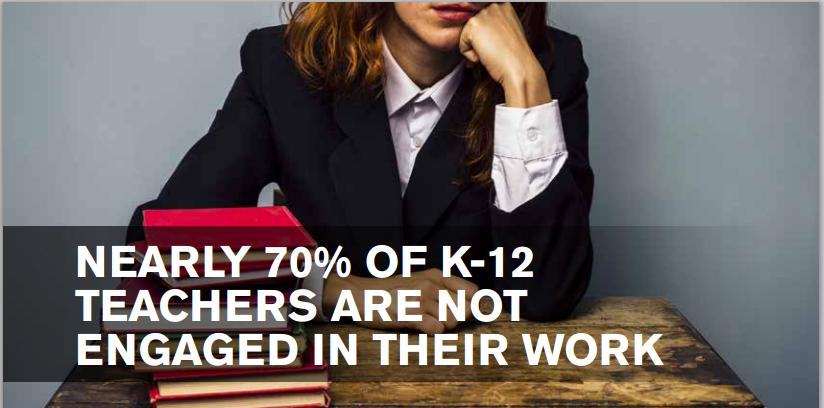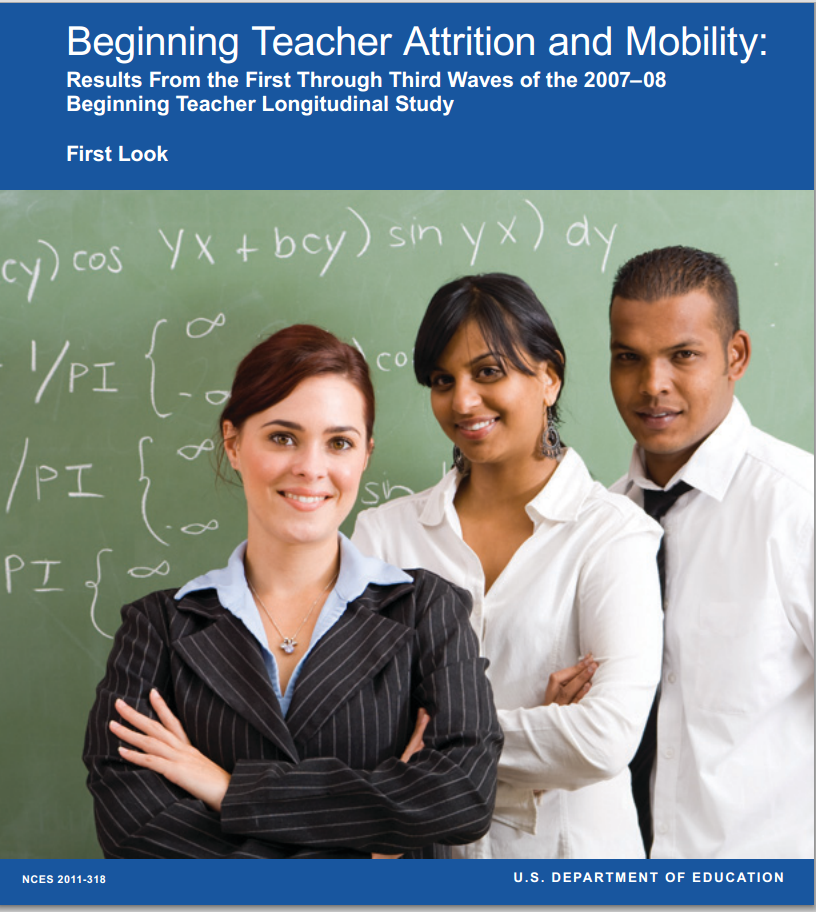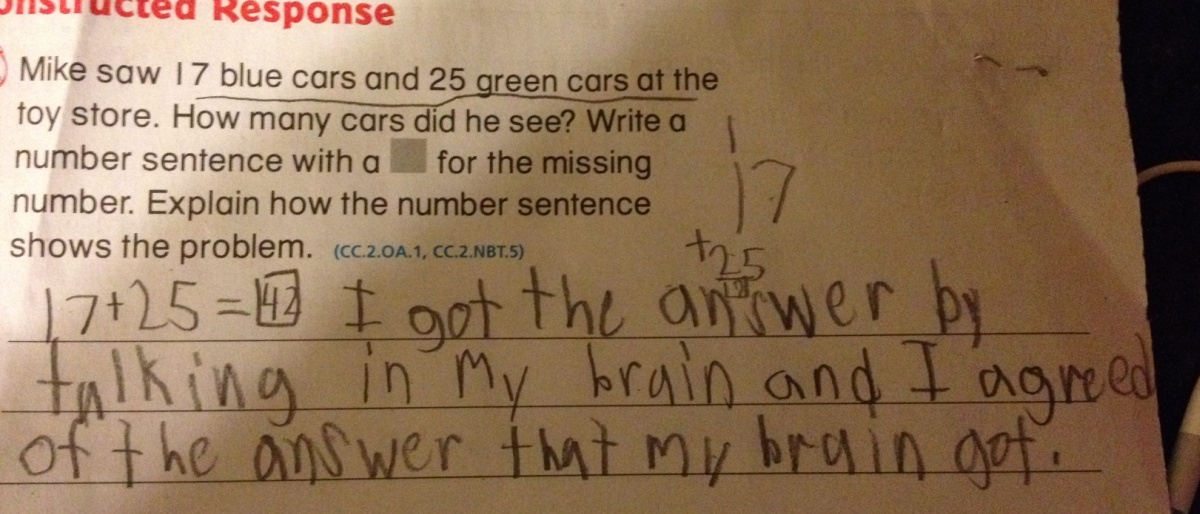Poverty and Graduation Rates

There is a correlation between the income level of a family and graduation rates. In a previous article posted on this blog, " Functional Literacy and Out of School Children in the Philippines " the following data from " Why are some Filipino children not in school? " have been highlighted: Above table captured from " Why are some Filipino children not in school? " The following figure also brings out the striking correlation between poverty and not graduating: Downloaded from " Profile of Out-of-School Children in the Philippines " The above shows the situation in the Philippines. One may be surprised to see that such correlation also exists in the United States. It is surprising because the United States unlike the Philippines has Title I of the Elementary and Secondary Education Act of 1965 . (Financial Assistance To Local Educational Agencies For The Education Of Children Of Low-Income Families). The United States also has a ...










